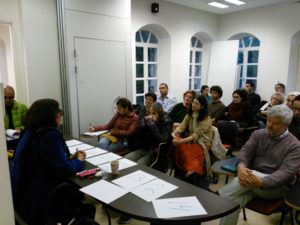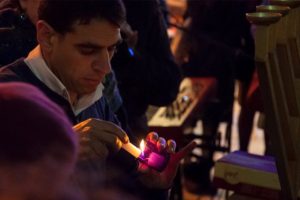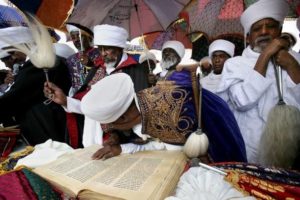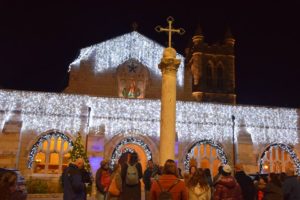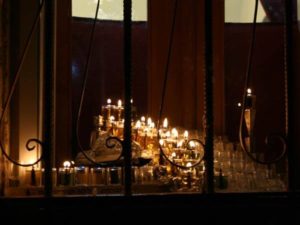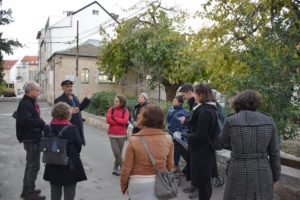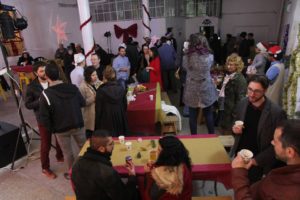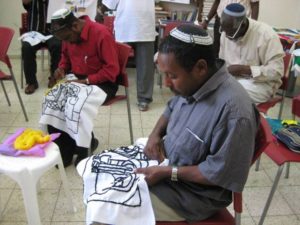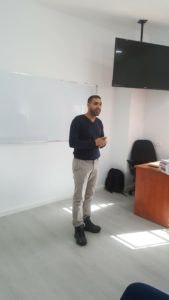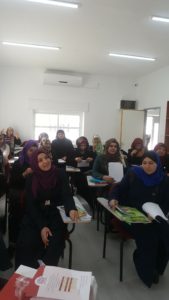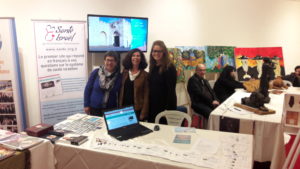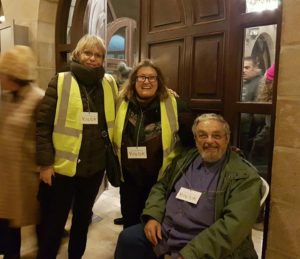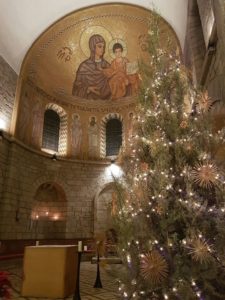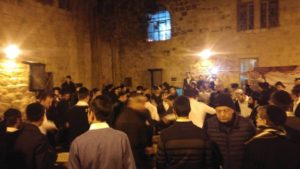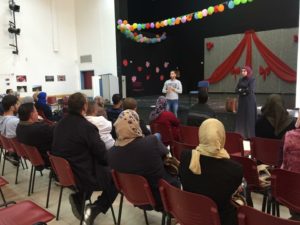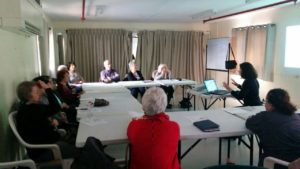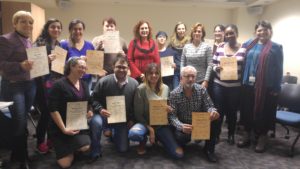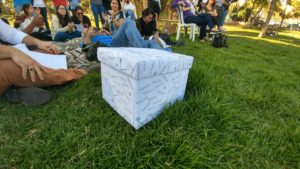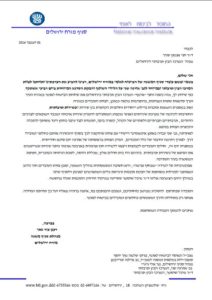MiniActive Becoming an International Model
The 1,000-strong MiniActive Network of Palestinian women is making a pretty big splash here in Jerusalem. Now they’ve become an international model for action.
Last month we hosted a delegation from an organization that works with the Domari population in Brno, the second largest city in the Czech Republic. A delegation of six visited the MiniActive project for 5 days. We gave them an introduction about the JICC as well as to MiniActive. Intisar explained how the MiniActive network was built – with clusters throughout Jerusalem, requests from the municipal hotline, and follow-up until the problems are fixed. A short movie was made for them and for the MiniActive members themselves:
On the second day they met with four of the regional MiniActive coordinators. Each one told about her specific work methods and how she works with the women in her group. On the third day they went on a tour of East Jerusalem neighborhoods. They also met with senior municipal officials – city council members, the director of City Beautification Division, and an adviser to the Mayor, who spoke about MiniActive’s unique relationship with municipal bodies, its benefits to the city, and its effectiveness in achieving improvements on-the-ground in East Jerusalem.
We used this opportunity to familiarize the delegation with our work in West Jerusalem as well. They were saw efforts in deliberative democracy, cultural competency, and in activism for tolerance. We introduced them to the 0202-View from East Jerusalem and they experienced Speaking in the Square first-hand as well.
We couldn’t let them leave Jerusalem without meeting up with the Domari population here. On the Thursday afternoon of their visit we arranged for them to meet with the Mukhtar of that community here.
It was a very good visit. We wish them well and the best of luck in using some of the principles of MiniActive to help their community in Brno. We’ll keep you posted!

